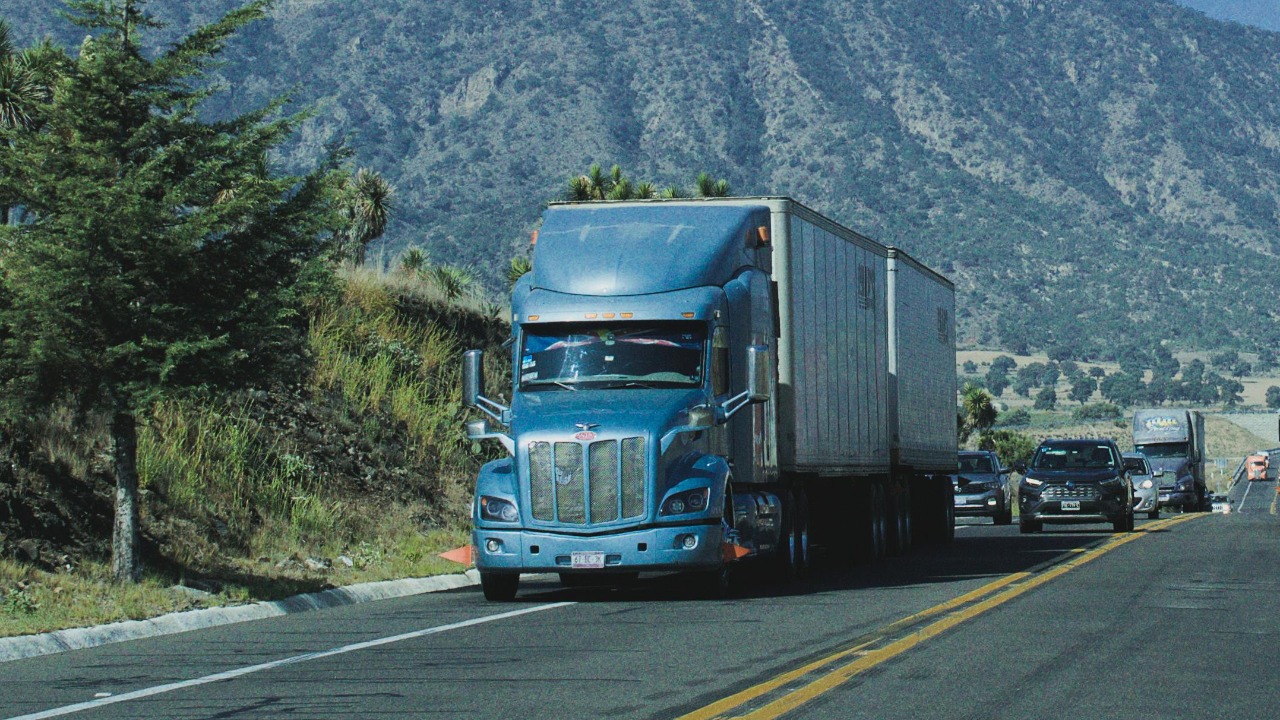
The trucking industry, often seen as the lifeblood of the U.S. economy, is undergoing an unexpected and rapid transition from diesel fuel. We’ll delve into the various factors contributing to this change and discuss what this means for the industry as a whole.
Underlying Factors for the Shift Away from Diesel

The shift away from diesel is being driven by several key factors. The first of these is the emergence of new technologies, specifically electric and hybrid trucks. These new vehicles offer increased efficiency and a significantly reduced environmental impact compared to traditional diesel trucks.
Regulatory pressures are another major factor. Tightening emission standards and increased regulations are pushing the industry towards greener alternatives. Economic considerations are also at play. The cost-effectiveness of alternative fuels and technologies is becoming increasingly appealing as diesel prices continue to rise.
The Role of Electric and Hybrid Trucks

Electric and hybrid trucks are playing a central role in this transition. Advances in technology have resulted in improved performance, with these new trucks offering comparable, and in some cases superior, performance to diesel trucks. These improvements are not just in terms of speed and power, but also fuel efficiency and maintenance costs.
The environmental impact of electric and hybrid trucks is also far less than that of diesel trucks. This is attracting a lot of attention, as companies and consumers alike are increasingly looking for sustainable solutions. The market acceptance of these greener vehicles is growing rapidly, further driving the shift away from diesel.
Impacts on the Trucking Industry

The move away from diesel is having a profound effect on the trucking industry. Operationally, companies are having to adjust their refueling and maintenance practices to accommodate these new vehicles. Additionally, the financial implications for trucking companies are significant. While there may be potential savings from increased fuel efficiency, there are also costs associated with transitioning entire fleets to these new technologies.
This shift could also have implications for the job market within the trucking industry. It may necessitate new skills and training for drivers and maintenance personnel. However, it could also create new opportunities, as the demand for specialists in electric and hybrid technology increases.
Challenges and Barriers to Transition

Despite the many benefits, there are also challenges and barriers to the transition away from diesel. Infrastructure is a major concern. The current charging infrastructure is insufficient to support a large-scale transition, and building the necessary infrastructure will be a significant undertaking.
Technological limitations are another hurdle. While advancements have been made, issues such as battery life and charging times remain a concern. Additionally, the high upfront cost of electric and hybrid trucks can be a barrier for many companies, particularly smaller ones with tighter budgets.
The Future of Trucking: Beyond Diesel

The future of the trucking industry appears to be moving away from diesel. Predicted trends suggest that this transition will continue, driven by technological advancements, regulatory pressures, and market demand. The long-term environmental and economic benefits of such a transition are significant.
Government policies and incentives will also play a crucial role in this transition. By providing financial incentives and supporting the development of necessary infrastructure, governments can help accelerate the shift away from diesel. However, it remains to be seen how quickly and effectively these changes will be implemented.
The transition away from diesel is a complex and multifaceted issue. It presents both opportunities and challenges for the trucking industry. By staying informed and proactive, trucking companies can help shape the future of the industry, ensuring its sustainability and profitability in the years to come. For more insight on this topic, be sure to visit this trends in trucking article.